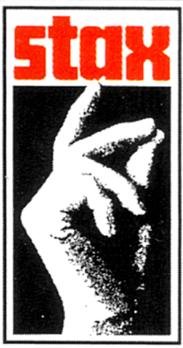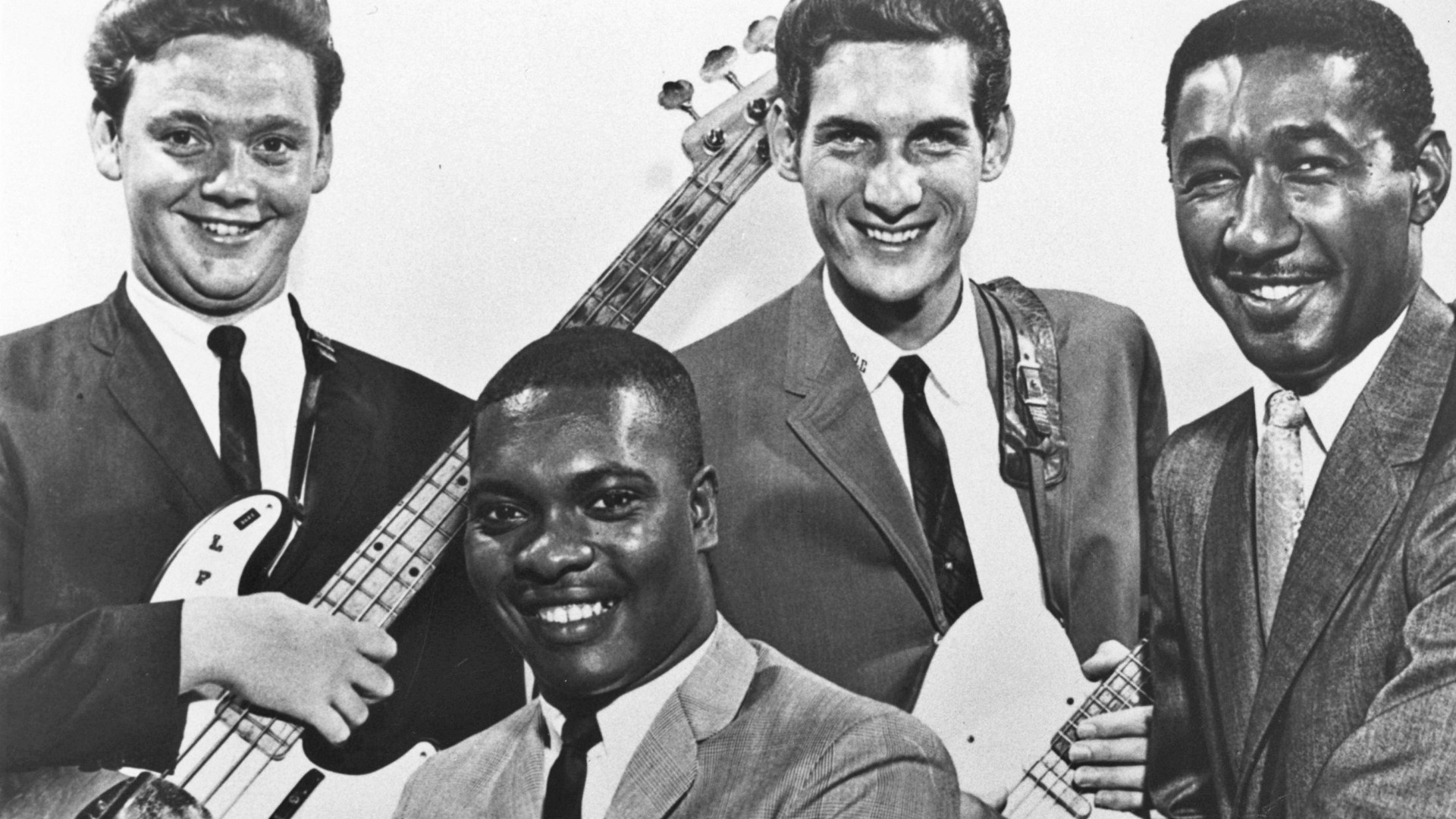The Great Soul Debate: Motown vs Stax – Part Two
Subscribe: Apple Podcasts | RSS
Check out The Great Soul Debate: Motown vs Stax - Part One
R & B grows up and comes into its own
As the fifties gave way to the sixties, the rock era (minus some bad teen idol music) was beginning to take hold.
Two small R & B labels began at almost exactly the same time and would come to define the era for millions of baby-boomers both in the U.S. and across the pond, where the British Invasion was brewing and the kids were listening to the many great soul records coming out with great interest.
Motown
In Detroit, Berry Gordy decided to start his own label and recruited the best jazz musicians in the Detroit nightclub scene: Benny Benjamin on drums, James Jamerson on bass, Robert White on guitar, Joe Hunter on keys, et al.
He combined them with his crack songwriting team of Holland-Dozier-Holland and had them play and arrange all the hits in near anonymity that his multiple artists would then sing.
They created what amounted to an assembly-line of hit-making (in the Motor City it was named after no less) that would net the label an absurd 110 top ten hits from 1961-71. In the Hitsville, USA studios on West Grand Boulevard down in Studio A (dubbed the Snakepit by the Funk Brothers) magic was created on a regular basis and not only soul, but also pop, music was never the same.
Stax

Meanwhile, at almost exactly the same time, in Memphis a little label called Satellite Records was started by a guy named Jim Stewart and his sister Estelle Axton (eventually backed by Atlantic Records ostensibly).
Officially started in 1957, the label would settle on the Stax moniker in 1961. In contrast to Motown, Stax had a houseband, Booker T & the MG’s that was front-and-center and was one of the most racially diverse set of artists and staffs in the entertainment business.
Unlike the mathematical, ultra-sheened approach of its rival label, Stax thrived on their spontaneous, organic approach to music-making which they referred to as “head arrangements”.
While Stax had its fair share of hits, they weren’t in it for the commercial reasons Motown seemed to be.
That Dandy Influence
One of the baby-boomers most taken with the Motown sound was Randy W. Hall’s father Robert who would buy every Motown (and its subsidiary labels) 45 he could afford and pass that enthusiasm for the labels artists and songs down to his son years later.
While Dan of course would hear his share of Motown, and then some, growing up in Detroit, it was the warm, welcoming tones of “Green Onions” he would remember and set him on a path of seeking out the Stax catalog when he got older.
Join Dandy as they explore the labels that helped an entire generation dance and sway. Listen to them make the cases for Motown vs. Stax in their first “Great Soul Debate”.
There are several ways to never miss an episode of our show… and it’s free!



Leave a Reply